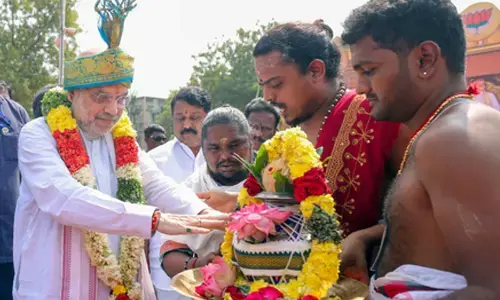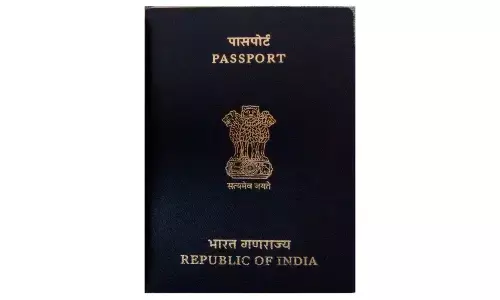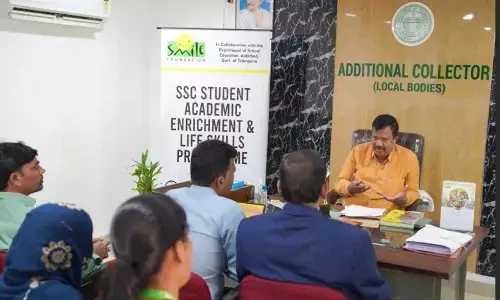Why and how to write a will?

Why and how to write a will?
The current pandemic has unleashed waves of unpleasant stories of families of some of our colleagues, co-workers, friends and family
The current pandemic has unleashed waves of unpleasant stories of families of some of our colleagues, co-workers, friends and family. The suddenness and the subsequent trauma of the dear ones of the deceased is unscalable leaving behind not just emotional pain, but a few knots into their future. We aspire various things in life and accordingly plan our approach in achieving those goals. In financial planning, the pyramid of importance always starts with securing the risk i.e., through availing insurance. Then it gravitates to savings which address the near-term needs and other exigencies; move later to returns through various investments that address the medium to long-term requirements.
In simple terms, a will is a legal document which puts forth ones wishes regarding how the distribution of one's wealth, property and the caretaking of the remaining family members. If there's a particular way one envisages to dispose of or transfer the existing assets in their absence a will becomes mandatory. I humbly put the need for a will for a clear assimilation or assertion of the various assets, wealth, etc., along with how it should be utilized to one's wishes posthumously. If we defang the emotions out, it presents a rational document that describes the way forward for the other family members in utilizing the accumulated wealth as per the deceased's priorities.
Though just as the mere presence of a 'will' doesn't guarantee the anticipated outcome or it can't remain unchallenged in the court of law, still it shouldn't desist one from having written. And most importantly, it's not a cumbersome exercise and one could prepare it by themselves. All they need is a piece of paper to write and a witness to attest it. Making a will allows the person to name an executor, the person(s) who carry out the proceedings of the will and a legal guardian in case of the taking care of children. There're existing provisions governing minors in theIndian Succession Act, 1925.
Coming to the details of who could make a will, any sound (mentally) person of age 21 and above is eligible. Any will should start with the declaration of what it is i.e., "will or testament' and mention the disclaimer that it's been done without any undue pressure or distress. One needs to provide the entire list of assets, items, etc. their details (like real estate, investments (financial), bank deposits, etc., and the value at the time of the writing. One could also indicate where the original documents or location (if physical gold, bank lockers, etc.) of storage. The will could go beyond just the assets, wealth, etc., and could cover other wishes like that of particulars pertaining to the funeral, even taking care of pets, etc.
One need to list the entire beneficiaries of the will, those who inherit the assets, wealth, etc., along with legal guardians in case of the beneficiaries are of minor age. Clearly identify each of the beneficiaries especially when naming beyond the family members to avoid any contest at later time. Another important aspect of the will is choosing the executor, the person(s) who will be responsible to ensure the will is executed as per the will. One could even mention the consideration, if any, for the executor.
Once these contents are mentioned, it must be attested with a self-signature and require two witness signatures to complete. Another debate that rages among the people is whether the 'will' be registered or not. It's not mandatory to be registered, but any written will is valid. It could be notarized and if registered then the testator (the person making a will) and the witnesses must go to the registration office. A government fee should be paid and the biggest advantage of registration is that the custody of the will be now with the registrar, so is free from being tampered, lost or stolen. This 'will' is treated as genuine and none could access it without the permission of the testator. If a will is being made without any professional help, it's advised the draft be consulted by a lawyer to confirm if it stands on the right intent of the testator in accordance with law.
(The author is a co-founder of "Wealocity", a wealth management firm and could be reached at [email protected])














